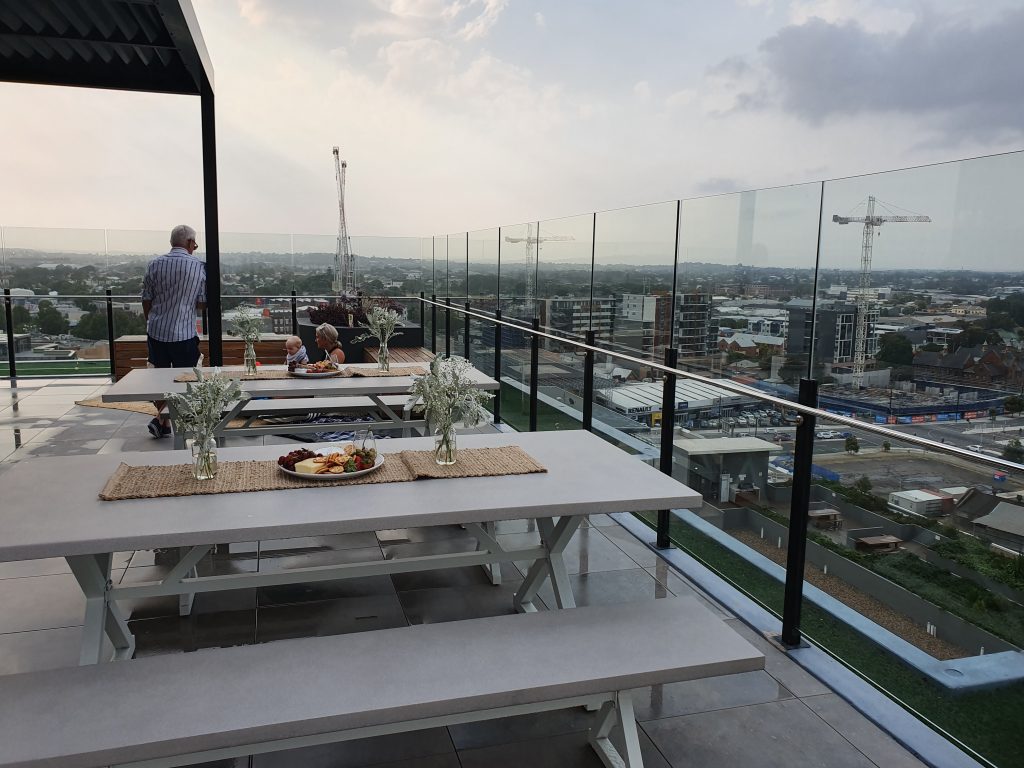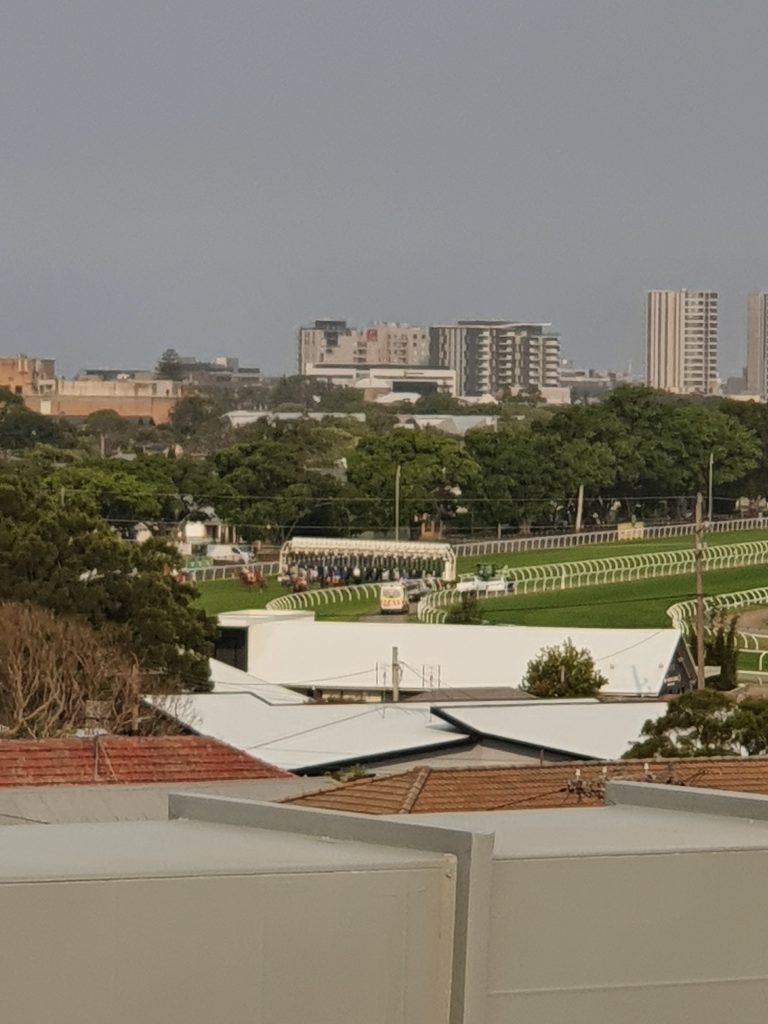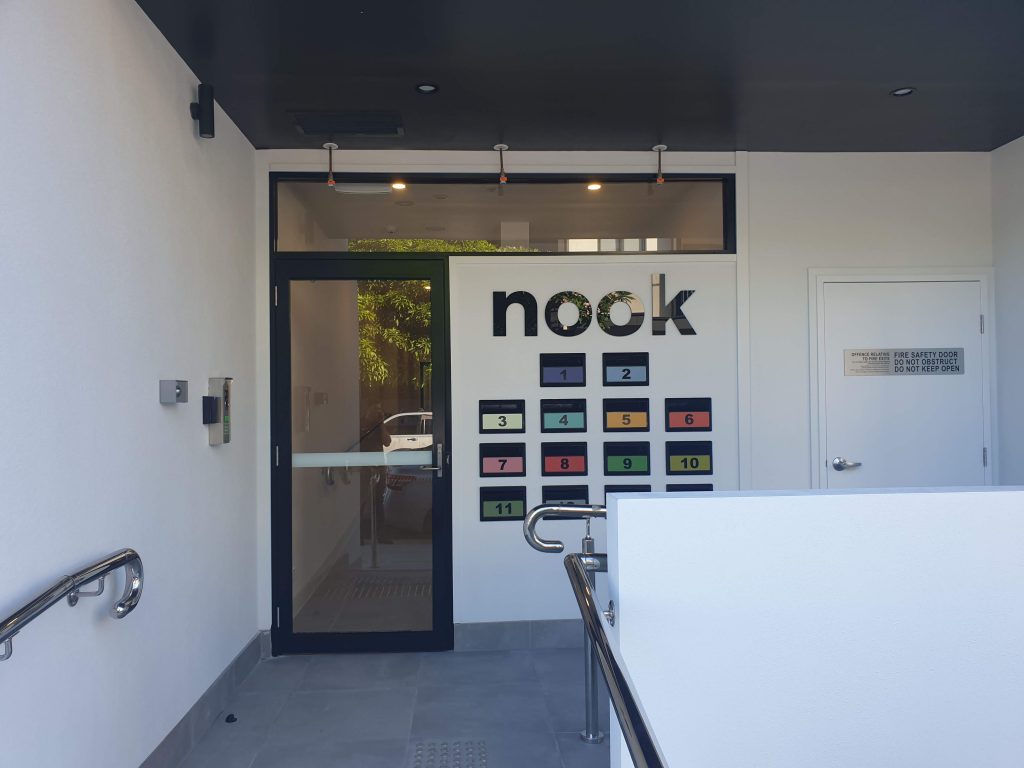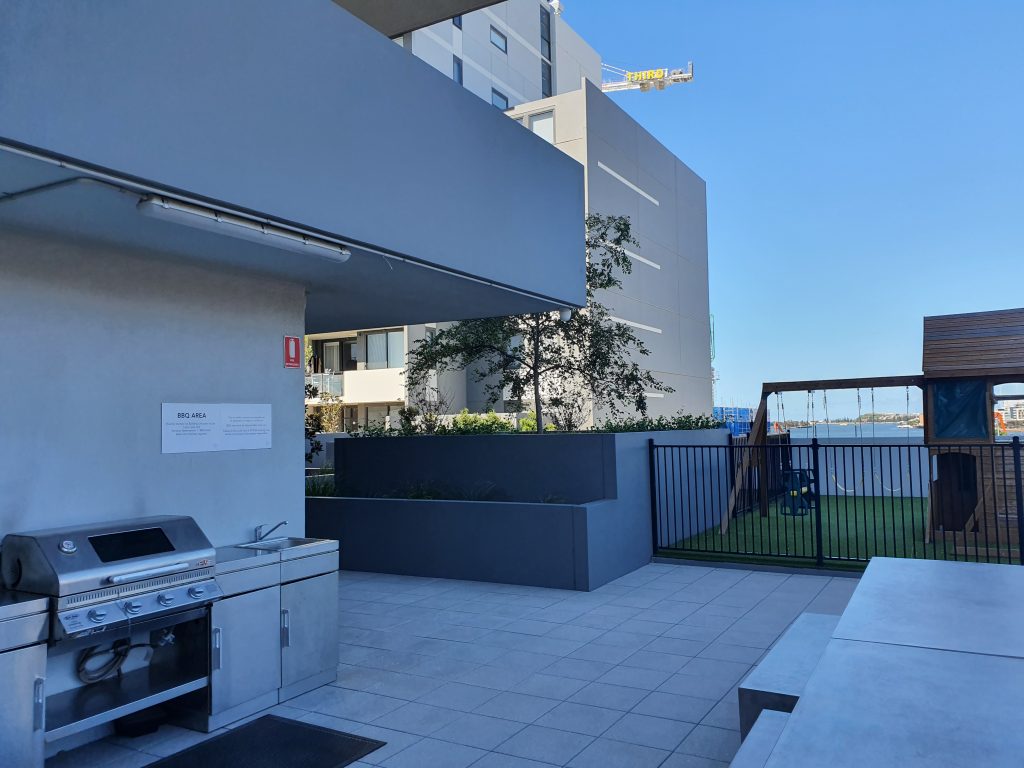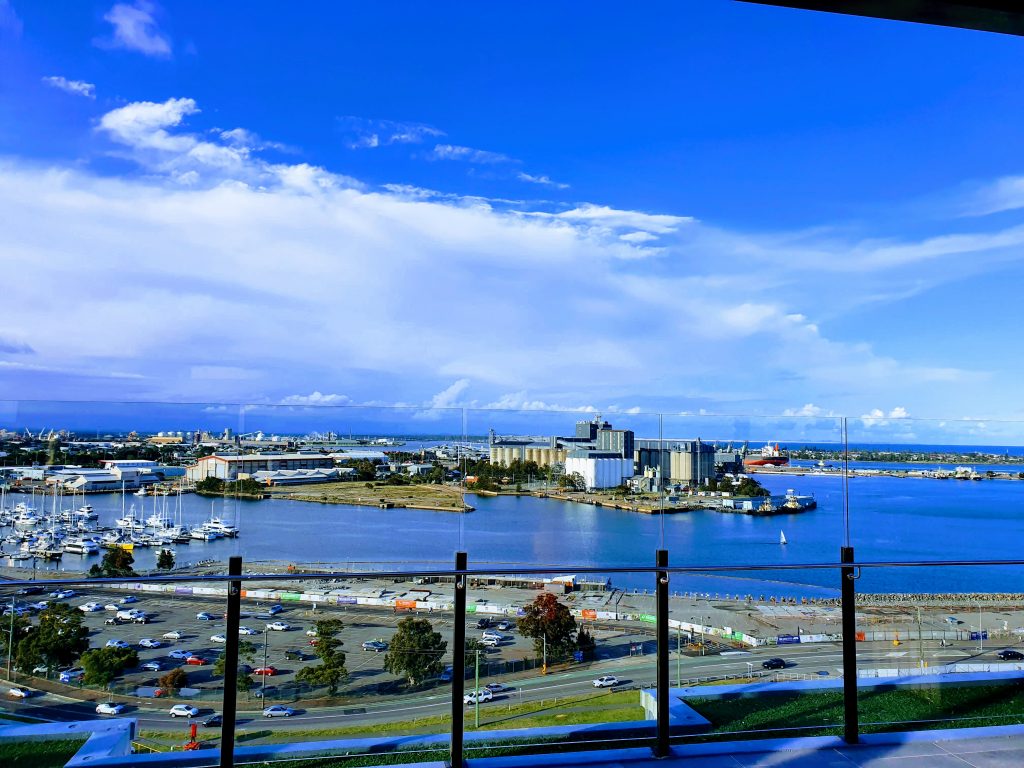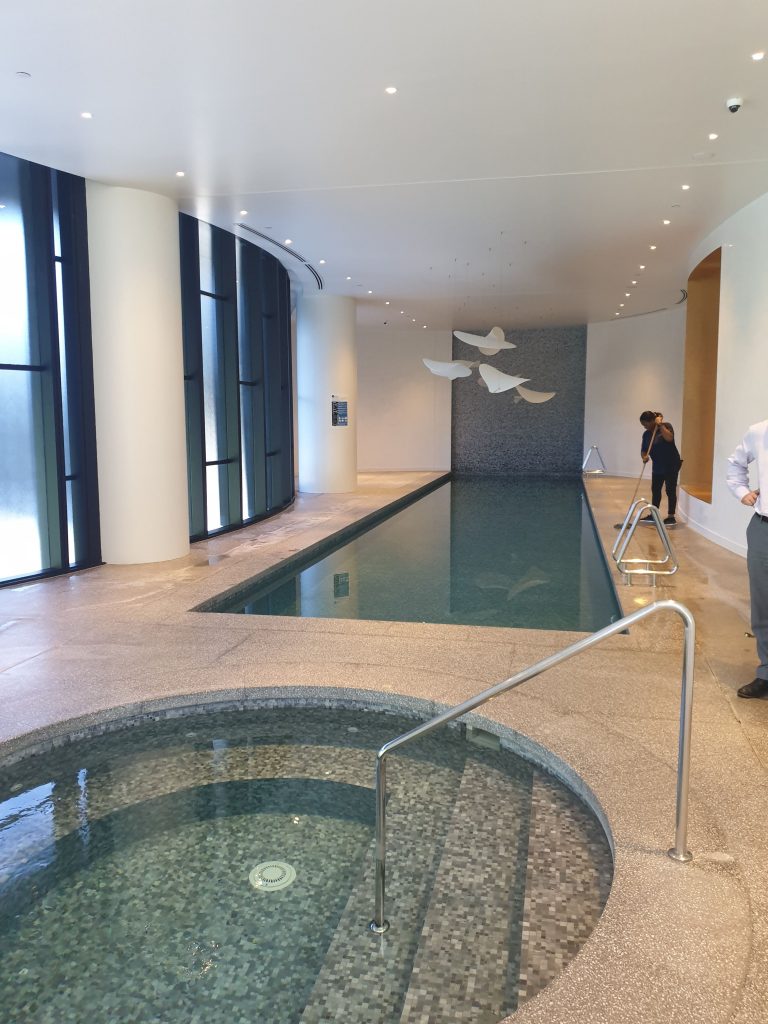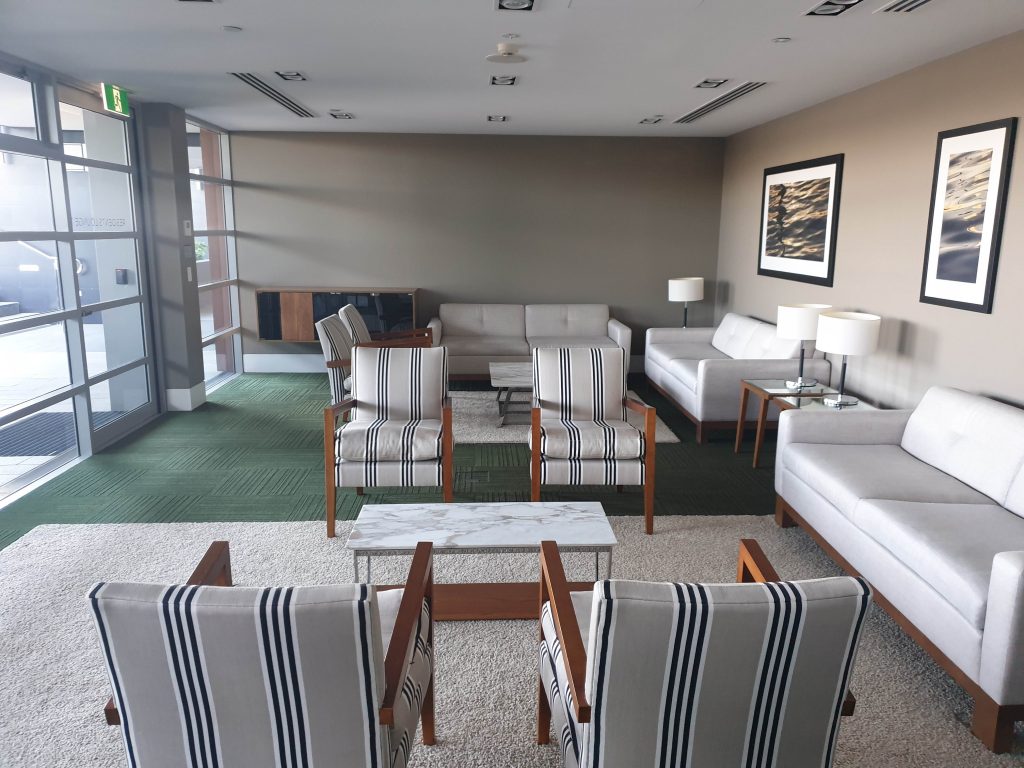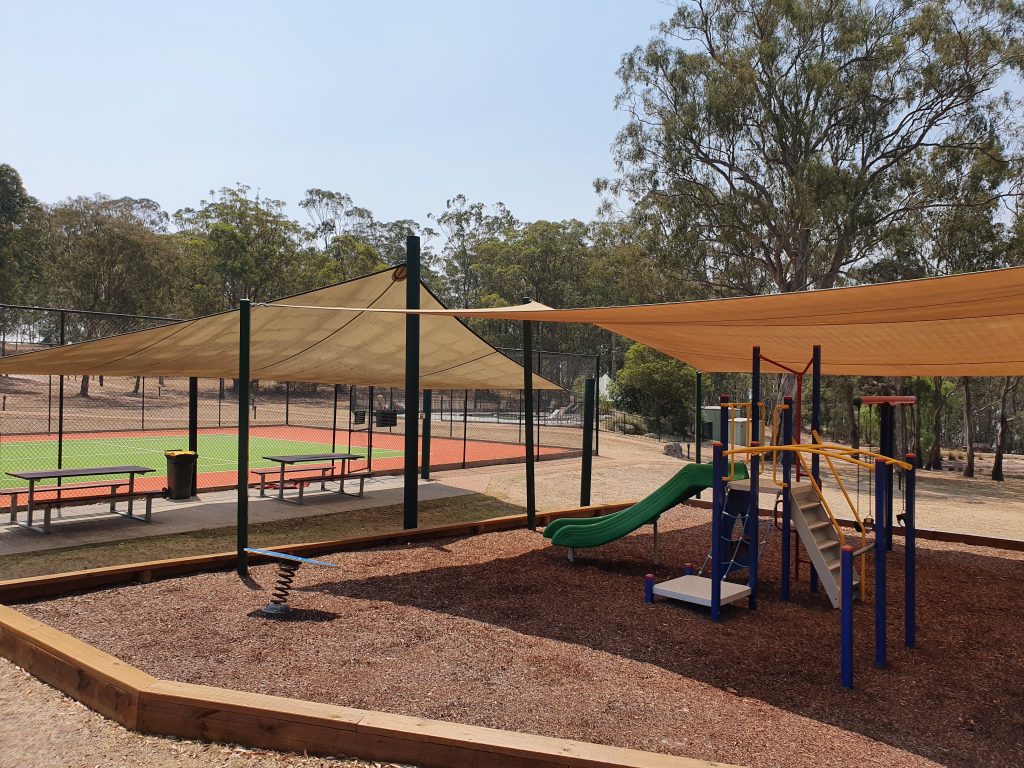
We have now entered an unprecedented period for the 21st century with the onset of Covid 19 virus and the measures which need to be taken to control the spread of it.
Businesses across Australia and the world are all affected in one way or another – there’s very few that will be able to thrive in the circumstances due to the effect on our workplaces, clients, and staff.
The response in Australia is increasingly drastic and we need to adequately prepare for a difficult period over the next few months as services and facilities are shutdown or become increasingly stressed. We are blessed with one of the worlds leading health systems, however, we need to act with caution and be ready to give our support to the most vulnerable within our society.
Bright & Duggan and Cambridge Management Services have introduced a policy of having all frontline strata management staff work from home and ceasing face to face meetings – I applaud our Executive Management Team in reaching this decision as quickly as it did. The update is available on the front page of our website – https://www.bright-duggan.com.au/ . We have different policies for Building managers and other staff within the business – these are being continually updated.
Strata and building management business are very much affected by the fact that we have workforces that have a lot of external meetings, have a number of visitors to our offices, that we provide a variety of onsite services at buildings and have large numbers of office-bound administration staff. That said, we are able to offer a great number of our services remotely.
Some strata and facility businesses have the ability to enable their workforces to work from home (which wholly depends on the staff member having the technology to do so); it’s very difficult to offer building management services offsite when the contract requires onsite services.
We manage people’s homes (and in some cases workplaces, where we manage commercial schemes) and thus have very serious obligations to the occupants to show leadership during this time and do whatever we can to assist authorities in mitigating risks.
What should we all do as soon as possible:
- Give staff the ability to work from home where possible and ensure that we are aware of the workplace that staff are working from – employers still have work health safety obligations where their staff work from home;
- Support your staff with whatever circumstances are put on them (sickness, schools/childcare services ceasing for a period);
- Cease face to face meetings and adopt alternate means of meetings provided for under legislation – this may include meeting via proxies, phone/video conferencing, online or paper voting papers, etc;
- Take practical steps at your buildings to reduce the risk of infection – additional cleaning, signage, etc.
Some of the potential issues we need to overcome
- Continuing compliance with strata legislation which can become difficult without being able to conduct certain meetings, arrange onsite inspections, etc;
- Annual inspections – particularly annual fire safety statements;
- Defect timelines and the potential inability to do defect inspections/commence proceedings;
- Contractor attendance – what happens if electricians, plumbers, etc won’t attend site?;
- Waste management (we presume that council and private collections will continue as normal – if they didn’t it would be bedlam) – we may have to deal with much-increased levels of waste in the event that buildings have all occupants at home for long periods;
- Residents needing help and assistance throughout any period of enforced isolation;
- Conflicting and complex legal obligations;
- Owners/occupants coming under financial stress – non-payment of levies; and
- Continuing to facilitate strata searches, collection of keys, etc.
One of the great opportunities we have here is to change the way we operate our businesses (with a move to electronic meetings) and provide help and support to people that need it most.
It’s not business as usual but we need to make sure this is the best business we can do.
